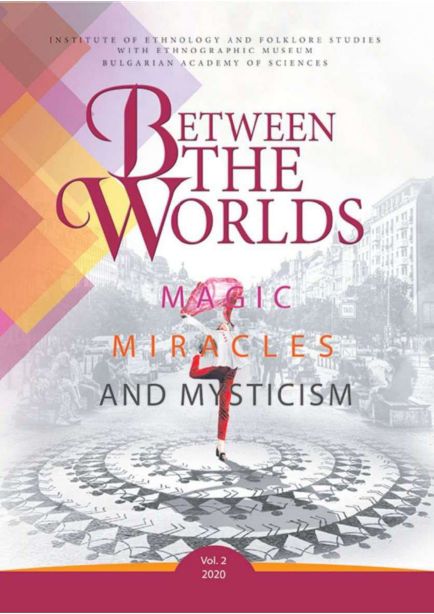The Birth of Philosophy: from Mythos to Logos
The Birth of Philosophy: from Mythos to Logos
Author(s): A. Kadir ÇüçenSubject(s): History, Philosophy, Epistemology, Ethnohistory, Social history, Ancient World
Published by: Институт за етнология и фолклористика с Етнографски музей при БАН
Keywords: knowledge; philosophy; myths; ‘mythos’; ‘logos’; Ancient Greek
Summary/Abstract: The aim of this paper is to address a new way of thinking and reveal the very complex transition from mythos to logos at the birth of rational knowledge in the Ancient world. Man uses different sources and types of knowledge to explain what is happening around him; he wants to be able to explain his existence and organise his life. ‘Human beings want to know by nature’, says Aristotle; thus, knowing for man is as basic as his natural needs. Human beings want to know by nature because it is impossible to live without acquiring knowledge. For men, trying to determine their life; knowledge becomes a basic tool. The question of how to be sure that the acquired knowledge is correct is one of the main concerns in philosophy. Therefore, besides the conditions for obtaining knowledge, the criterion for determining the accuracy of that knowledge poses a problem in itself. When employing this criterion in cases where it is not predetermined or where the accuracy of the knowledge obtained is obscure, another ability of man is revealed, namely, faith. Thus, besides the desire to know, there is also a desire to believe. Knowing a situation is closely related to a man’s understanding of that situation. In this sense, sometimes people use ‘irrational’ reasons to explain situations whose underlying causes they cannot rationally grasp. So, in this paper I would like to explore how the knowledge of myth and the knowledge of philosophy are different from each other, and how man transfers knowledge from mythos to logos.
Journal: Between the Worlds
- Issue Year: 2/2020
- Issue No: 2
- Page Range: 70-79
- Page Count: 10
- Language: English

